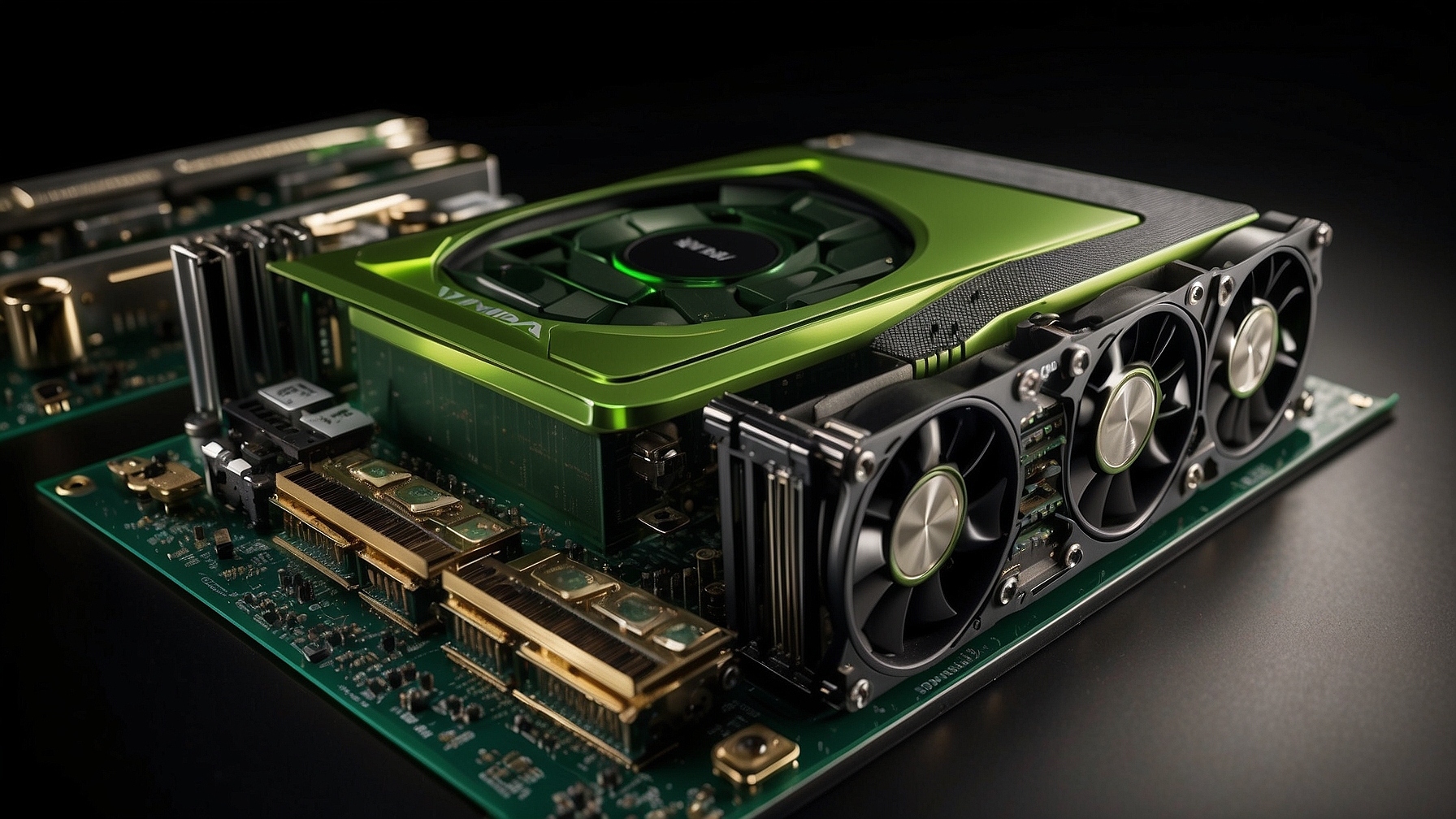Nvidia Unveils Secret Money-Printing Machine, Calls It “AI Business Model”
In a spectacularly unsurprising twist of fate that had investors salivating like toddlers at a candy store, Nvidia, the towering overlord of the techiverse, has announced yet another spellbinding quarterly performance. Yes, you heard that right, folks! The world’s most valuable company just chalked up an eye-watering $35 billion in revenue, all while making it look as effortless as a sloth in siesta.
Nvidia, which now officially possesses more wealth than some sovereign nations, has been riding a tsunami of cash thanks to the magical powers of artificial intelligence—or, as it’s commonly known in boardrooms, “the stuff that prints money.” Their stock has ascended to such Olympian heights this year that it’s garnered more than a few side-eyes from oil barons and hedge fund managers.
“I think our success is due in large part to the fact that everyone just really loves paying exorbitant prices for computer chips,” chuckled CEO Jensen Huang from his money-stuffed hammock. “Who knew organizing a reality where machines pretend to think could be such a cash cow?”
The tech giant’s sales performance managed to outstrip Wall Street’s wildest dreams—and let’s be honest, those guys dream pretty big. Wall Street’s puny expectation of a mere $33.15 billion was left in tatters, as Nvidia flexed a solid $35.08 billion. “I always thought my $35 billion Powerball ticket was my best shot,” lamented one disappointed analyst. “Guess I should have just invested in Nvidia instead.”
But fear not, for Nvidia’s ambitions don’t stop here! They’ve projected that the future holds a dazzling 70% revenue rise—if the universe doesn’t implode from an overload of cash first. Experts forecast that by next quarter, Nvidia might actually learn how to mint their own currency, thereby entering and subsequently conquering yet another industry without breaking a sweat.
Critics speculate that at this rate, Nvidia will soon have a gravitational pull strong enough to wrench ATM machines off their foundations. Meanwhile, experts are split over whether the next step for Nvidia involves colonizing Mars or simply buying it.
Asked if there was any limit to this freight train of wealth, an overly jovial spokesperson laughed, “Why stop at the moon when you can own the galaxy?” Indeed, with just one more quarterly triumph like this, Nvidia could probably purchase the entirety of human happiness—and still have change left over for a new planet, maybe called “Nvidiatopia.”
In the meantime, aspiring tech moguls and dreaming investors alike continue to search for the obvious—yet curiously elusive—on-switch for Nvidia’s magical money machine, plotting their own patents while praying the printer never runs dry.




